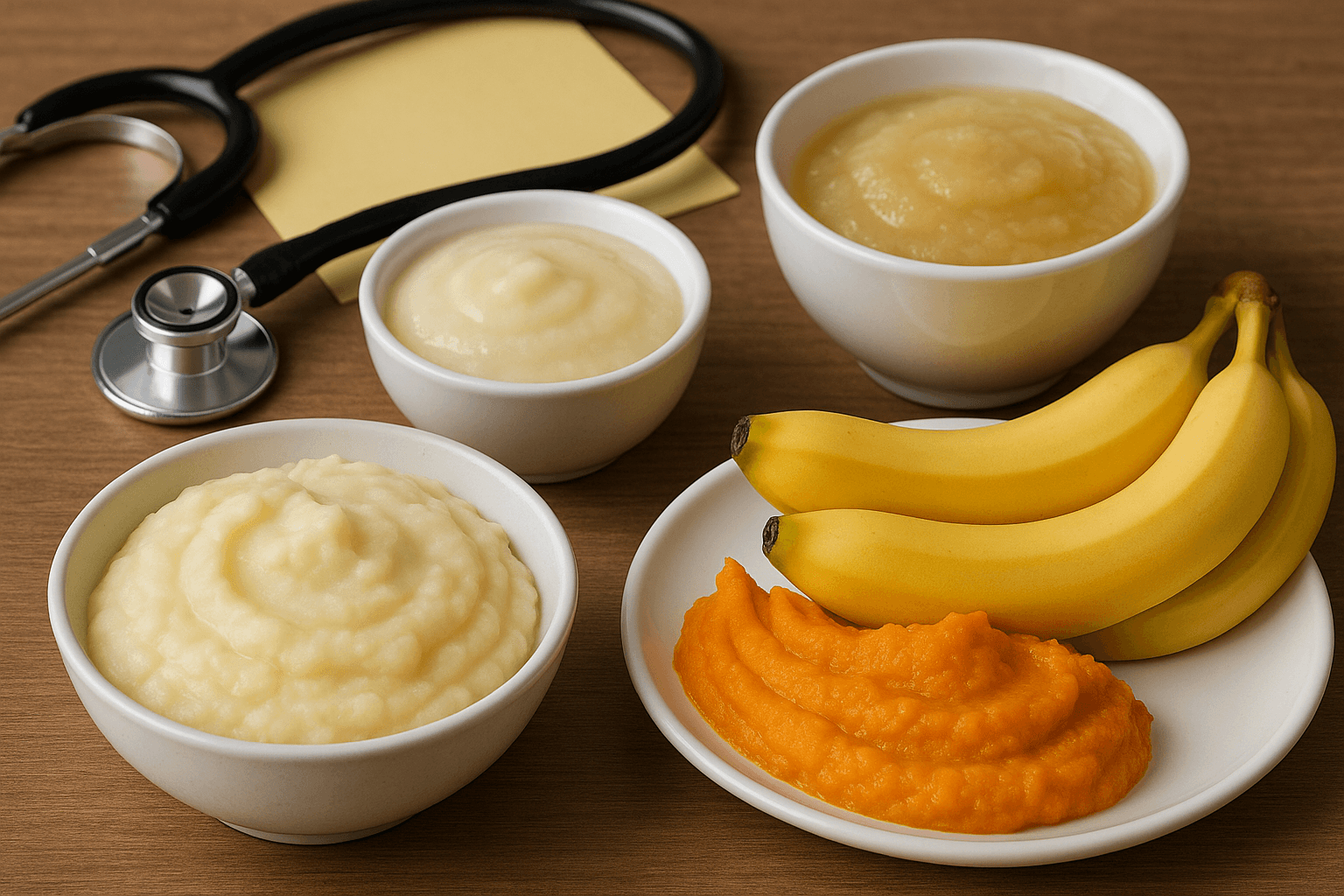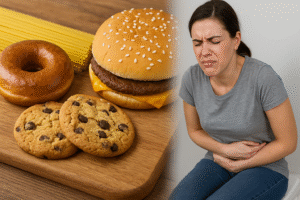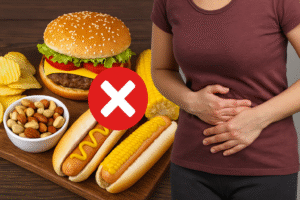Making it through surgery is just the initial step — the healing really takes place on the road to recovery. For a post-operative recovery diet, whether after moving teeth, a tonsillectomy, or more significant abdominal surgery, one concept transcends all: eating soft foods. But why is it so crucial, and what should you actually eat to get your body bouncing back as fast as possible?
If you are wondering what to eat — and not eat — after surgery, you’re not alone. Let’s unpack it down to some you can (and should) eat in order to get the ultimate guide to soft foods that are easy on your system and still deliver a nutritional punch.
Why You Need to Eat Soft After Surgery
Your body needs to rest after surgery — including your digestive system. Soft food isn’t just about comfort; it’s about feeding your body what it needs in order to heal without working overtime.
Your body is like a car that has had some of its parts replaced. It’s going to take high-grade fuel, still, but you wouldn’t want to get on the gas pedal at full force at the very beginning, would you? The easy-to-chew-and-swallow foods you need to eat on this diet are that gentle push to get you going in the right direction.
Benefits of Soft Foods
- Easy on the stomach
- Chewable for dental or jaw surgery
- Prevent incisions or sensitive areas from becoming irritated
- Supply the nutrients the body needs to accelerate the healing process
Best Soft Foods to Eat After Surgery
Ready to load up your fridge? Below are soft foods that pack the most nutrients that are known to extend energy levels and even elevate mood: What are the best soft foods to eat post surgery?
Scrambled Eggs
Eggs are full of protein, important for tissue repair. Scrambled eggs, in particular, are particularly easy to chew and consume. If you’re eating a skimpy meal because your appetite is puny, try them smeared with cheese for added calories.
Pro tip: Mix in a splash of milk for a softer, more cream-like consistency.
Mashed Potatoes
Creamy, comforting, and adaptable as hell. Mashed potatoes are easy to swallow, and carbs that refuel your body in the recovery process. Feeling fancy? Stir in some cooked carrots or pureed cauliflower for more nutrition.
Smoothies
Sometimes you need something fast and full of vitamin POWER! Meet your new best friend smoothies. Add some fruit, Greek yogurt or protein powder, and you have a meal in a cup. Surgery for Moi It’s important to steer away from fruits with seeds if you’ve recently had oral surgery.
Sample recipe: Mix banana, peanut butter, almond milk and protein powder for a fulfilling, tasty shake.
Oatmeal or Cream of Wheat
Cereals, hot and soft, are easy on the stomach and filling. Oatmeal provides fiber and can be topped with soft fruits such as mashed bananas or applesauce for extra taste and nutrients. Just make certain it’s not too hot — you don’t want to aggravate healing tissue.
Yogurt
Serious Eats calls for plain or Greek yogurt, which is both soft and adds probiotics for healthy guts (especially if you’ve been on antibiotics post-surgery). Just steer clear of anything “on the bottom” — when that goes wrong it can be tough to chomp through.
Soup or Broth
There’s nothing like soup when your appetite is M.I.A. Begin with smooth, pureed options like butternut squash soup or no-chunked chicken broth. Soup not only helps you hydrate, but also keeps your electrolytes and nutrients up too.
Applesauce
This kid-pleaser is ideal for recovery. It’s smooth, sweet with a hint of natural sweetness and even supports soothing your stomach. Bonus? It’s easier to stomach than whole apples and requires no chewing.
Pudding and Custards
Looking for a post-surgery treat? Go for pudding or custard. These are warm, reassuring desserts that you can swallow. Opt for low- or no-sugar versions, without skimping on taste — you deserve it!
Cooked Vegetables
A few days post-surgery and tolerating soft foods well, pureed or well-cooked carrots, squash, zucchini are good options to try. They’re packed with vitamins that your body craves while it is healing.
Ice Cream (Yes, Really!)
Except your doctor tells you otherwise, in that situation a small amount of ice cream can actually do wonders in calming the throat (like after tonsil surgery). Look for varieties that do not have candy or crunchy bits; try to find options with less sugar.
Foods to Avoid After Surgery
Now that you know what to eat, it is equally important to understand what to avoid. There are some foods that will irritate your digestive system, wreck your healing tissue or require too much chewing right now.
Skip These for Now:
- Dry, crunchy foods, such as chips, crackers and raw vegetables
- Spicy or acidic items like citrus juices, salsa or vinegar-based dressing
- Sticky substances like peanut butter or caramel
- Fatty or fried foods that can upset your stomach
- Foods that have very small pieces, such as popcorn or fruits with seeds
How to Get Back to Full Power in Six Weeks
Let’s face it — eating after surgery feels like work. But there are ways to rein himself in. And with a little prep and mindfulness, it doesn’t have to be. Here are a few simple tricks to make mealtime a little easier and more enjoyable:
- Eat smaller, more frequent meals: You may get full more quickly, so eat every few hours instead of two to three large meals each day.
- Hydrate: Drink water, herbal teas or electrolyte-containing fluids all day.
- Pay attention to how your body feels: If something doesn’t seem healthy, pull back and do something else.
- Prep ahead: Prepare large amounts of puréed foods and store them in the freezer for easy access.
When to Return to Solid Foods
This is variable according to the exact procedure that was done and how your body is healing. Your doctor or dietitian can help you, but typically you can ease back into solid foods after a few days to a week, when you’re able to swallow soft foods without difficulty.
Begin with predictable options for chewing, such as well-cooked pasta or tender fish, before trying tough meats or crunchy vegetables.
The Bottom Line
Just because you’re healing from surgery doesn’t mean your meals have to be bland or challenging. With the right soft foods, you can stay nourished, satisfied and give your body the building blocks it needs to recover more quickly.
And keep in mind: everyone heals on their own schedule; take it slow, eat gentle, and consult your health care provider if you’re not sure what’s right for you.
Have a favorite soft food that got you through a recovery? Share in the comments — you never know who you might be helping on their healing journey!








